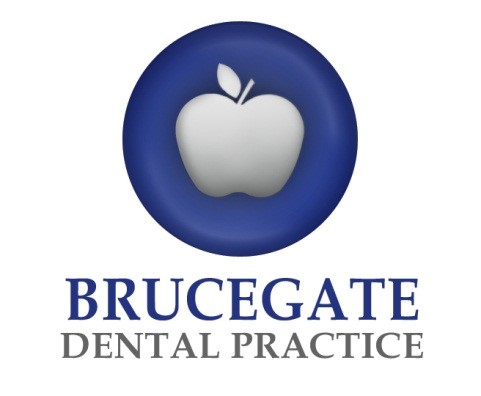Pregnancy and Your Oral Health
Pregnancy is a truly wonderful thing, but can take it’s toll on a women’s body. During the nine months it can affect all aspects of health, including her oral health.
Looking out for the warning signs of possible pregnancy-related conditions is important, as treatment can begin early, nipping any further serious issues in the bud.
Pregnancy Gingivitis (Gum Disease)
During pregnancy it’s not uncommon for women’s gums to become red, swollen and sore, they may also bleed.
Bleeding gums are due to a build up of plaque on your teeth. Gums can become more vulnerable to plaque build up during pregnancy because of hormonal changes. This is also called pregnancy gingivitis or gum disease and different to regular gingivitis. While we’re not 100% sure what causes it, it’s thought the hormone change might be largely responsible, with increased progesterone, possibly enhancing the growth of the bacteria which causes the disease.
Visiting your Dentist or Dental Hygienist throughout your pregnancy can help with this.
Here’s how you can look after your teeth and gums:
- Clean your teeth carefully twice a day for two minutes with fluoride toothpaste – ask your dentist/hygienist to show you a good brushing method to remove all the plaque.
- Brushing is best using a medium bristled, small-headed toothbrush – make sure it’s comfortable to hold.
- Avoid having sugary drinks (such as fizzy drinks or sweet tea) and sugary foods too often – try to keep them to meal times.
- If you’re hungry between meals, snack on vegetables and avoid sugary or acidic foods.
- Avoid mouthwashes that contain alcohol.
- Stop smoking.
Enamel Erosion
If you suffer from morning sickness (nausea and vomiting), rinse your mouth with plain water or a (non-alcohol-containing) mouthwash if you would like to make your mouth feel fresher, after each time you vomit. This will help prevent the acid in your vomit attacking your teeth.
Do not brush your teeth straight away as they will be softened by the acid from your stomach. Wait about an hour before doing so.
Dental Tumours (Pyogenic Granuloma)
Don’t let the title scare you!
Other pregnancy gum related side effects can see women also develop a benign nodule (otherwise known as a pregnancy tumour or pyogenic granuloma) on their gums which bleeds when they brush.
These can grow up to three-quarters of an inch in size and usually disappear after your baby is born.
However if they cause discomfort, start to bleed profusely, or interfere with chewing or brushing, your dentist may decide to remove them.
Dental Treatments to avoid in Pregnancy
Make sure to let your dentist know you are pregnant even if it’s just a regular check-up appointment.
Often routine X-rays are taken at these visits. While dental X-rays don’t affect the stomach (abdomen) or pelvic area, most dentists will wait until you’ve had the baby to take them, unless it is absolutely necessary.
Discuss with your dentist whether any new or replacement fillings should be delayed until after your baby is born. The Department of Health advises that amalgam fillings shouldn’t be removed during pregnancy.
